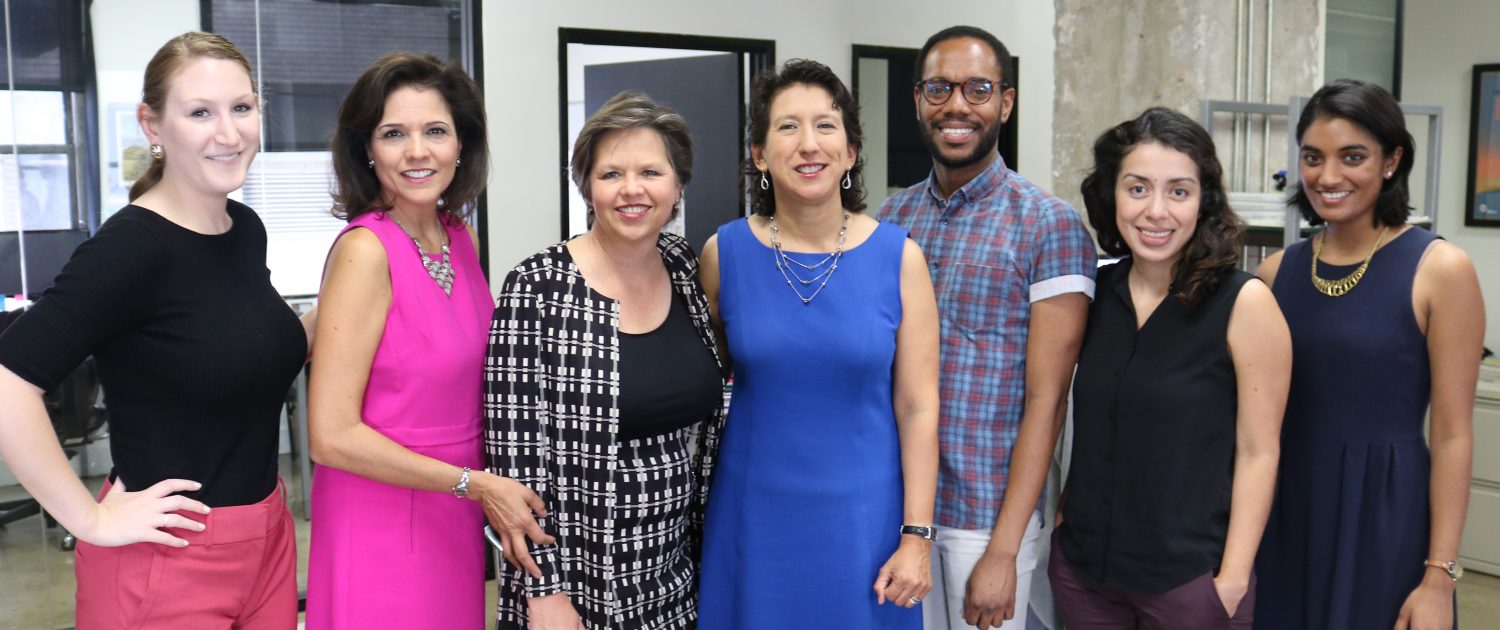By Zev Hurwitz
It would be easy to mistake Tammy Barreras, Jayanthi Daniel and JC De Vera for any of the hundreds of staffers who hustle through the hallways of L.A.’s historic City Hall each day. The three carry official city badges, they each work in the mayor’s office and their days are packed with memos, deadlines, proposals, city events and projects — all geared at improving the lives of Angelenos.
But when this trio clocks out, they each take on a role that’s unmatched by other city employees: full-time graduate student.
Together, the three make up the 2016-2017 cohort of the David Bohnett Fellowship Program at the UCLA Luskin School of Public Affairs. It’s a unique opportunity for graduate students to work closely with Mayor Eric Garcetti’s staff while completing their master’s degrees at UCLA.
The fellowship program, which accepts applications from UCLA Luskin students in all three of the school’s disciplines, consists of one summer of full-time work in the mayor’s office, followed by a yearlong, part-time position at City Hall during the fellows’ second year of coursework at Luskin.
UCLA has offered the fellowship for students in the School of Public Affairs since its inception in 2007. Luskin students may apply in the spring of their first year for placement during the summer between the two years of the program.
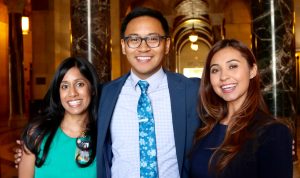
From left, UCLA Luskin students Jayanthi Daniel, JC De Vera and Tammy Barreras are working at L.A. City Hall this year as part of the David Bohnett Fellowship Program. Photo by George Foulsham
The Three Fellows
Each fellow works in a different department within the mayor’s office. Tammy Barreras, a student in the Master of Social Welfare (MSW) program at Luskin, works in Garcetti’s Budget and Innovation Department and focuses her work in the Innovation and Performance Management Unit.
“We work with city departments and we empower city employees to deliver better services, whether it’s through strategy or using problem-solving tools,” she said. “We do general manager reviews to keep city heads accountable and measure the successes of the departments.”
Barreras grew up in the San Gabriel Valley community of La Puente. She previously worked as an inpatient pharmacy technician in Orange County before pursuing her undergraduate work at Cal State Los Angeles. She had plans to become a pharmacist before shifting her focus to social work after realizing her true passion was helping those in need.
“I feel like my life prepared me for this experience in City Hall,” she said. “I came here with the purpose to impact the millions of people in this community and for me this is an opportunity to understand how to do it.”
JC De Vera, pursuing his Master of Public Policy (MPP), works in the mayor’s Office of Immigrant Affairs. Much of his work involves legislative advocacy and community outreach programs. One of De Vera’s first projects during the fellowship was helping organize a press conference in which the mayor announced the launch of a voter registration campaign geared for Spanish-speaking Angelenos.
“Working in government, every day is very dynamic,” De Vera said. “In the public policy curriculum, we’re learning about political institutions and policies — how do you actually get things done, how do you get policies passed? Being in the mayor’s office has illuminated all of that and really brought it to life.”
Jayanthi Daniel, also an MSW candidate, conducts her fellowship work in the office of Ana Guerrero, the mayor’s Chief of Staff. It’s a rare appointment — only one other fellow in the program’s history has had a chance to work in such an important office. Her work largely involves research, hands-on team assistance and event execution. Due to the broad nature of the work for the mayor’s chief aide, Daniel finds herself working on a variety of projects and programs.
“I provide support wherever needed,” she said. “It’s hard to put down exactly what I do because in the nature of politics, my job changes every day that I’m in here. What it all boils down to is that we’re trying to achieve the mayor’s agenda for Los Angeles.”
Daniel, a former journalist, works closely with Guerrero, the city’s first Latina chief of staff and one of the highest-ranking Latina city officials.
“Not only is it an honor to work with a chief of staff, I’m working with a groundbreaking, trailblazing chief of staff — somebody I learn from every single day,” Daniel said.
The fellowship satisfies the internship requirement for the Public Policy curriculum and the fieldwork requirement for Social Welfare master’s students. Because the fellows are also full-time students, there is often overlap between what is discussed in the classroom and at City Hall.
“We can bring a lot of the work we’re doing here into the classroom setting, because we have a unique opportunity to have this experience,” Barreras said. “Whenever topics about civic engagement come up in class, we can talk about the city application from our perspective working in the fellowship.”
The David Bohnett Foundation has been funding the program for UCLA students for the past 10 years, and now supports similar programs for graduate students at the University of Michigan and New York University.
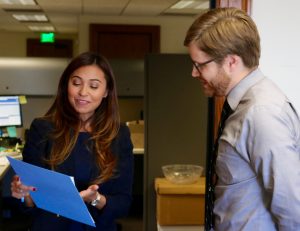
UCLA Luskin graduate student Tammy Barreras meets with her supervisor, Dan Caroselli, a UCLA Luskin Urban Planning alumnus and a former Bohnett Fellow, who is director of the innovation and performance management unit at L.A. City Hall. Photo by George Foulsham
Developing ‘The Next Group of Leaders’
This fellowship was born out of a conversation at a dinner party hosted by David Bohnett, the foundation’s chair. Bohnett found himself in conversation with former Los Angeles Deputy Mayor Torie Osborn, former Luskin School Dean Barbara Nelson and Luskin lecturer Michael Dukakis. The four had been discussing opportunities for students to work in local government when the idea to place Luskin students in City Hall first arose.
“The school really came together and said, ‘How can we select some of those leaders among our students who would want to work in local government?’ ” said VC Powe, who administers the program in her role as the Luskin School’s director of career services and leadership development. “We really created this program as an opportunity to give students a place where they could work in local government.”
Powe explained that the Bohnett Fellowship is also a means to advance one of the Luskin School’s major goals for its students.
“Having these kinds of opportunities is important for UCLA Luskin because our mission is to develop the next group of leaders and change agents,” Powe said. “When we have these kinds of fellowships — when students can learn from the deputy mayor or the head of a non-profit — they get the skills to become the next leaders. That’s really important for the school to provide.”
‘A Lineage’ of Bohnett Fellows at City Hall
They work in different offices within City Hall, but the three current fellows say they do run into each other frequently and have attended each other’s programs and events. Additionally, nearly a dozen Bohnett fellowship and UCLA Luskin alumni now work full time in city government.
“There’s a sizable lineage of Bohnett Fellows that still work here,” De Vera said. “They help mentor us and help us figure out how to navigate this place, how to make the most of our experiences and they’ve been a really great resource to draw on.”
Alumna Kiana Taheri MPP ’16 was a Bohnett fellow in the immediate past cohort and now works full time in the Innovation and Performance Management Unit (iMPU) — the same department where she worked as a fellow — doing similar work to Barrera’s current post. She found that her coursework for the MPP degree and her fellowship work had tremendous overlap.
At UCLA, Taheri said, she had been interested in improving government efficiency and utilization of innovative solutions. The Bohnett fellowship provided a chance to do that.
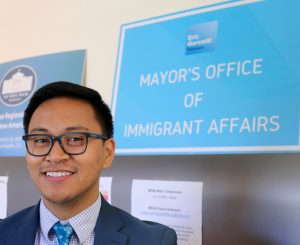
UCLA Luskin grad student JC De Vera works in the Mayor’s Office of Immigrant Affairs. Photo by George Foulsham
“I was excited for the opportunity to be a part of an administration that was working toward a greater more equitable society,” she said. “The fellowship allowed for the mayor’s office to see my true caliber as a UCLA graduate student, develop assurance in my capabilities and ultimately choosing to invest in me.”
Dan Caroselli, director of the iMPU, supervises both Barreras and Taheri. Caroselli, who is an alumnus of UCLA Luskin’s Urban Planning program and another former Bohnett Fellow, said the program has been very successful in bringing “motivated and capable” students into city government.
“It’s been incredibly practical as a pipeline of talent,” said Caroselli, who graduated with a master’s in urban planning in 2011. “I’ve had the opportunity to supervise five different Bohnett Fellows and work closely with many more during their time in the mayor’s office. I owe my career to the Bohnett Fellowship and so it means a great deal to me to be able to continue to be involved in the program and to advise these current fellows as they navigate a potential career with the City.”
The Fellows Go to Washington
For the past five years, Bohnett Fellows from the three campuses have attended the United States Conference of Mayors in Washington, D.C. The conference brings together civic leaders from over 1,400 U.S. cities to build partnerships, work on policies and discuss successes and best practices.
This year’s Winter Meeting of the Conference will be held Jan. 17-19.
Barreras said she hadn’t yet seen the agendas for this year’s Winter Meeting of the Conference, but is looking forward to learning from leaders in diverse cities and seeing the City of Los Angeles as a leader among its peers.
“We’re going to see what a lot of other cities are doing at the city government level,” she said. “While there will be many small cities and big cities, L.A. is one of the biggest cities that will be looked to for innovative and progressive ideas.”
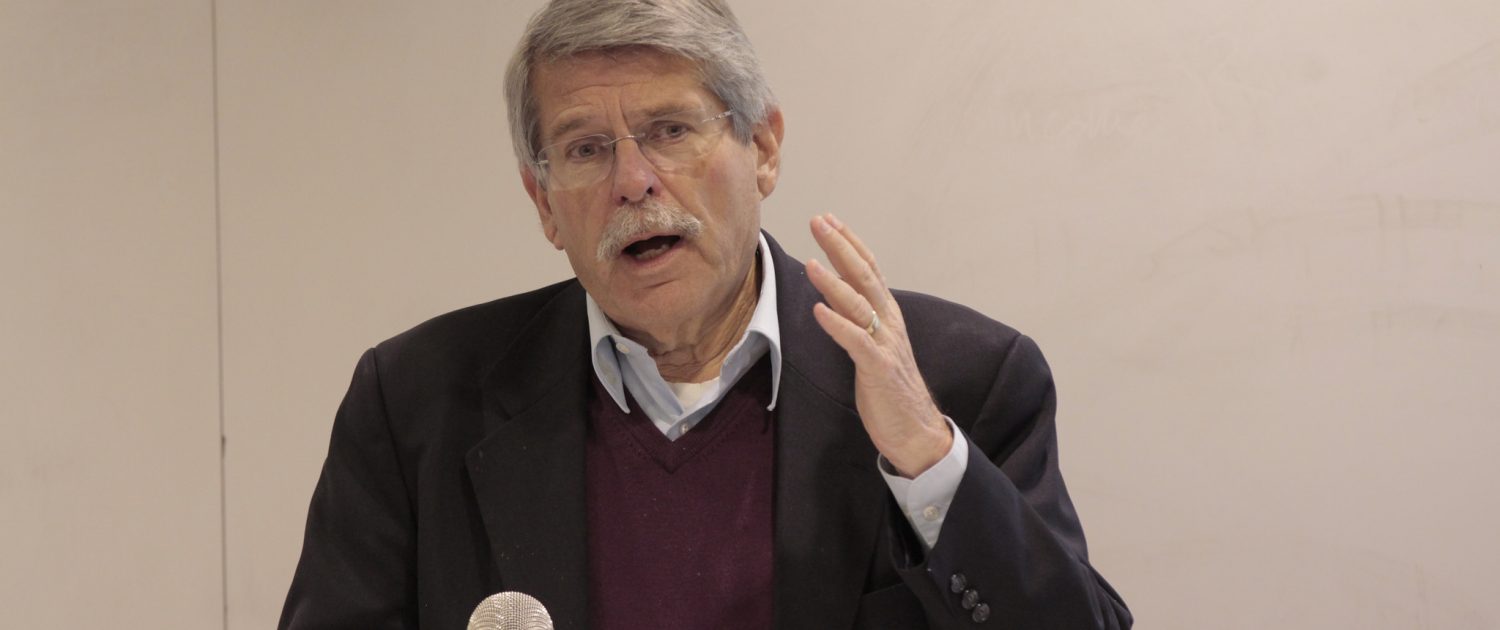


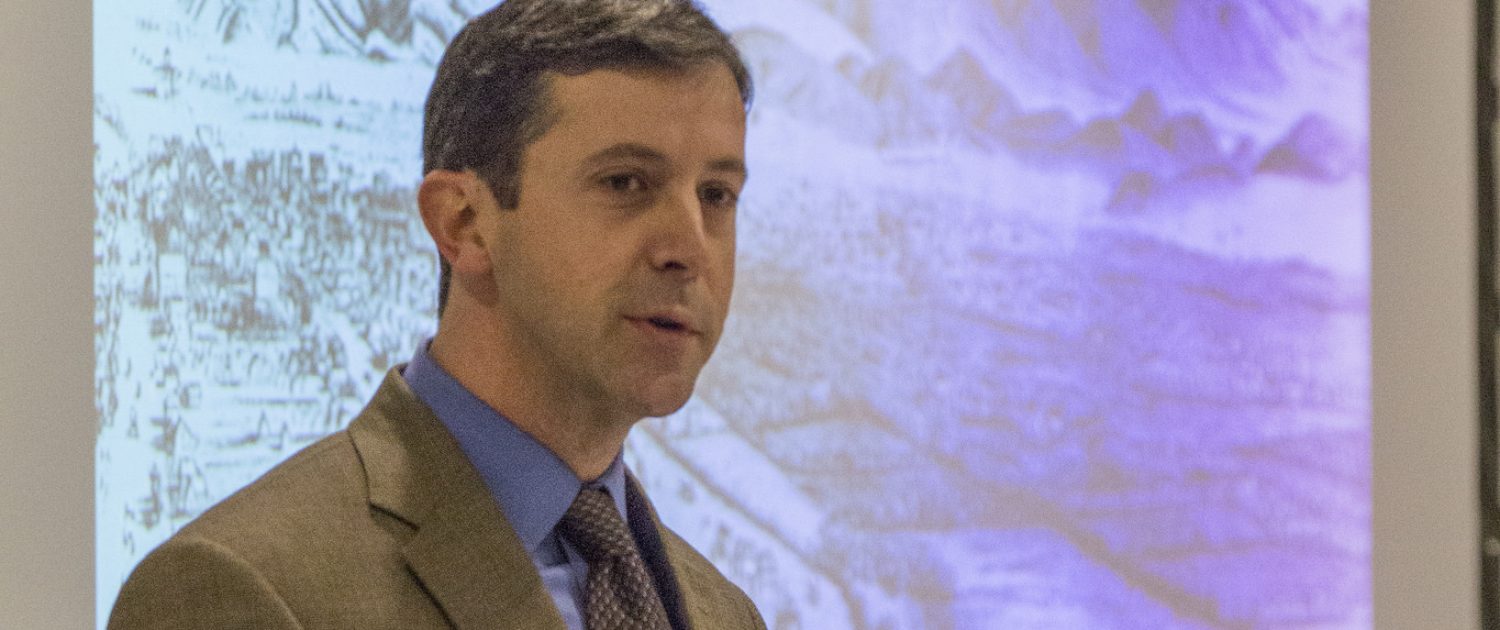

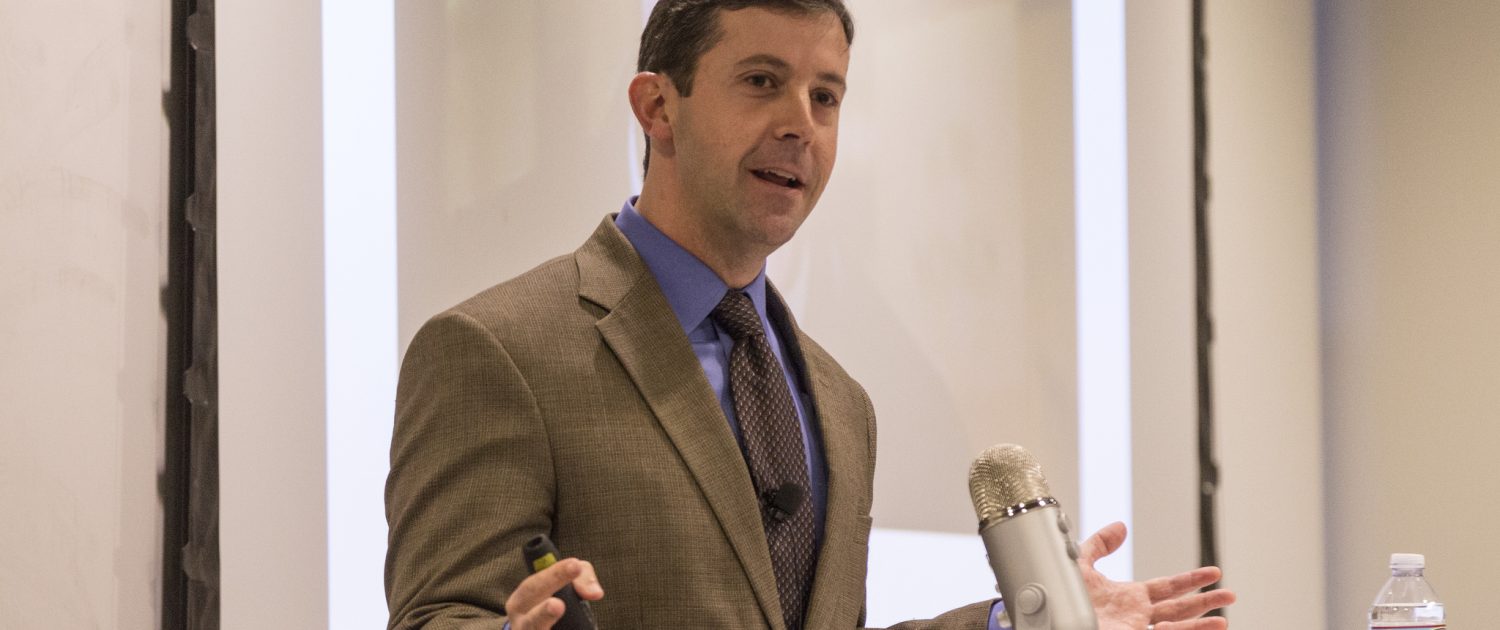

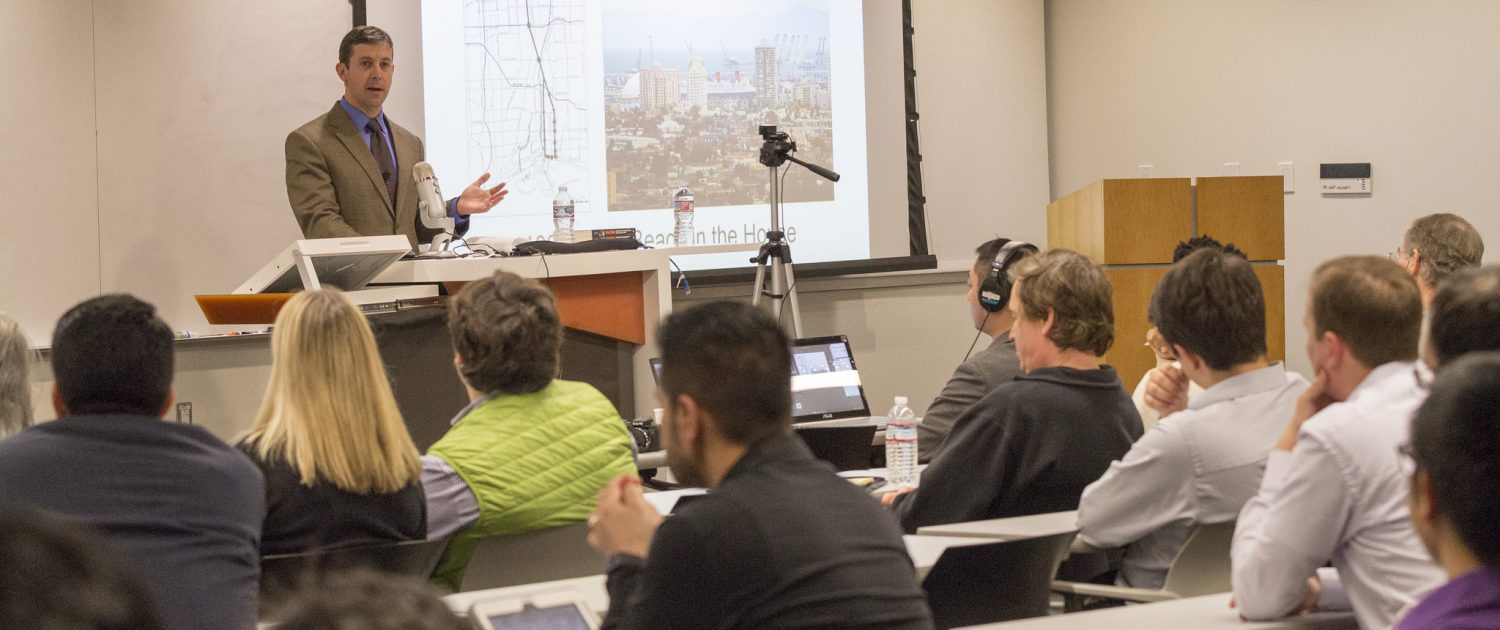
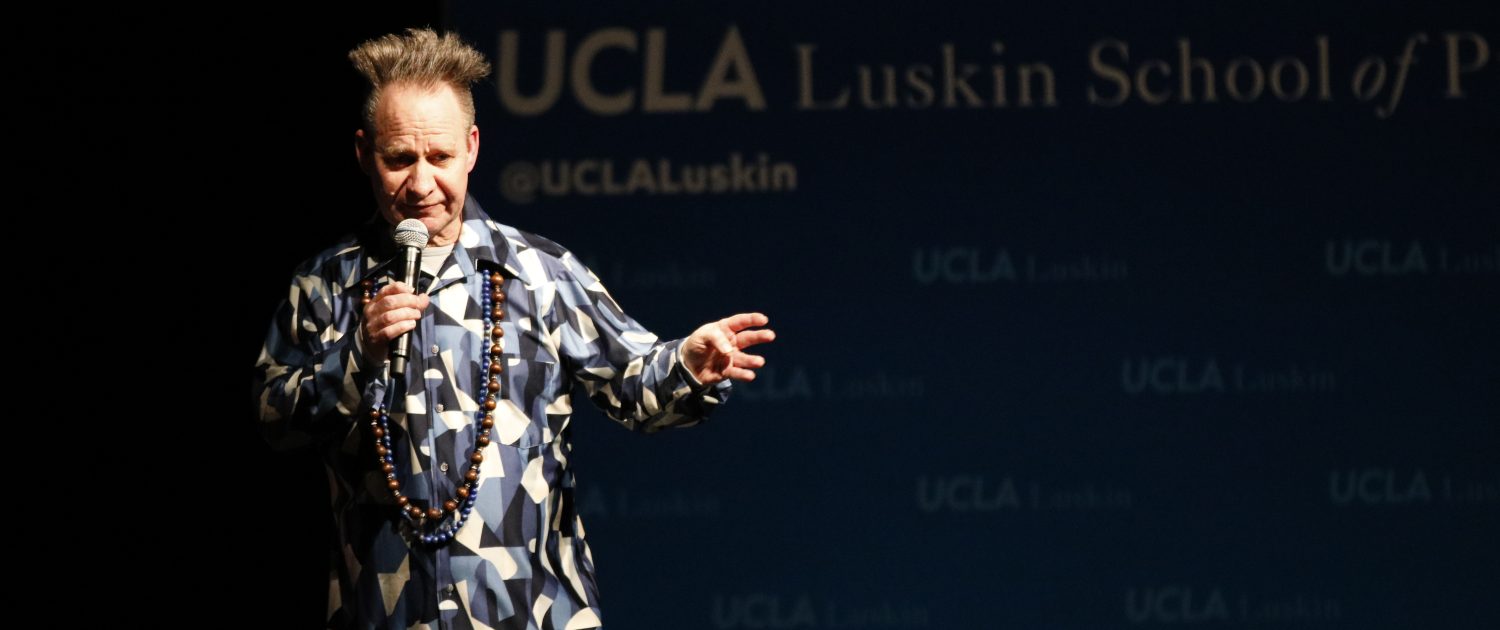


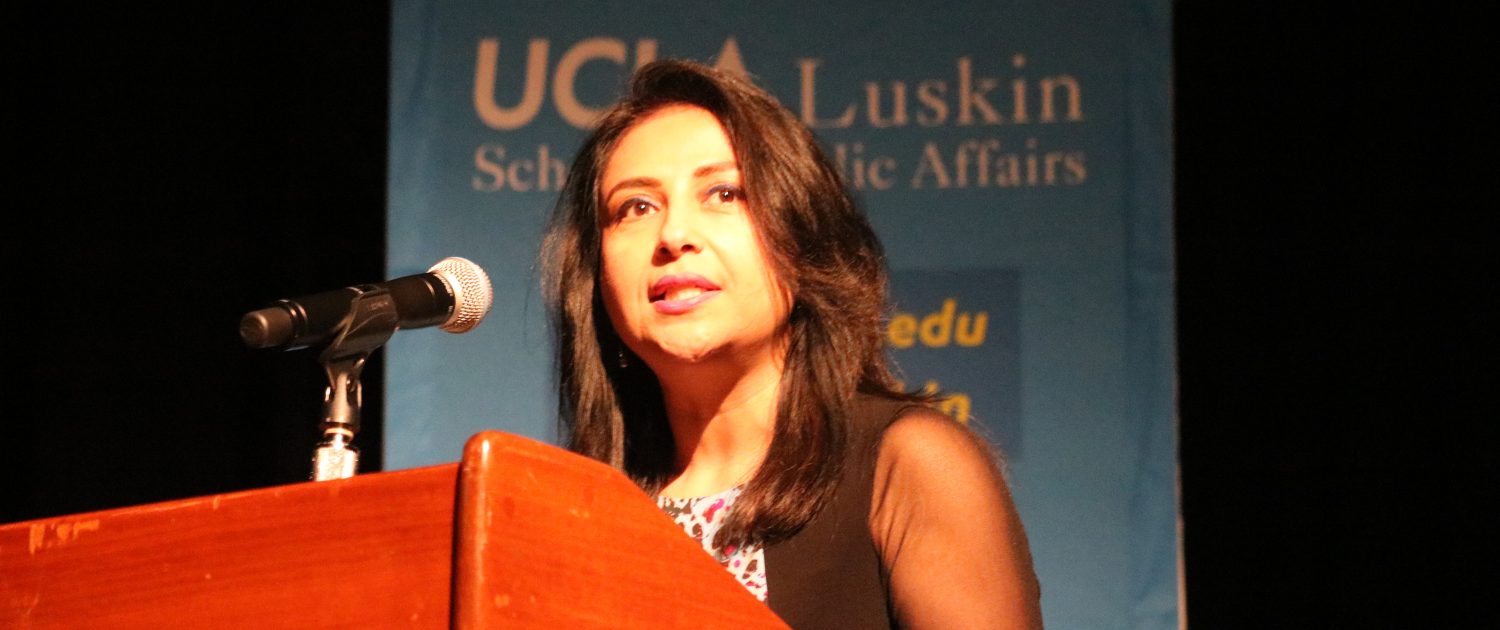

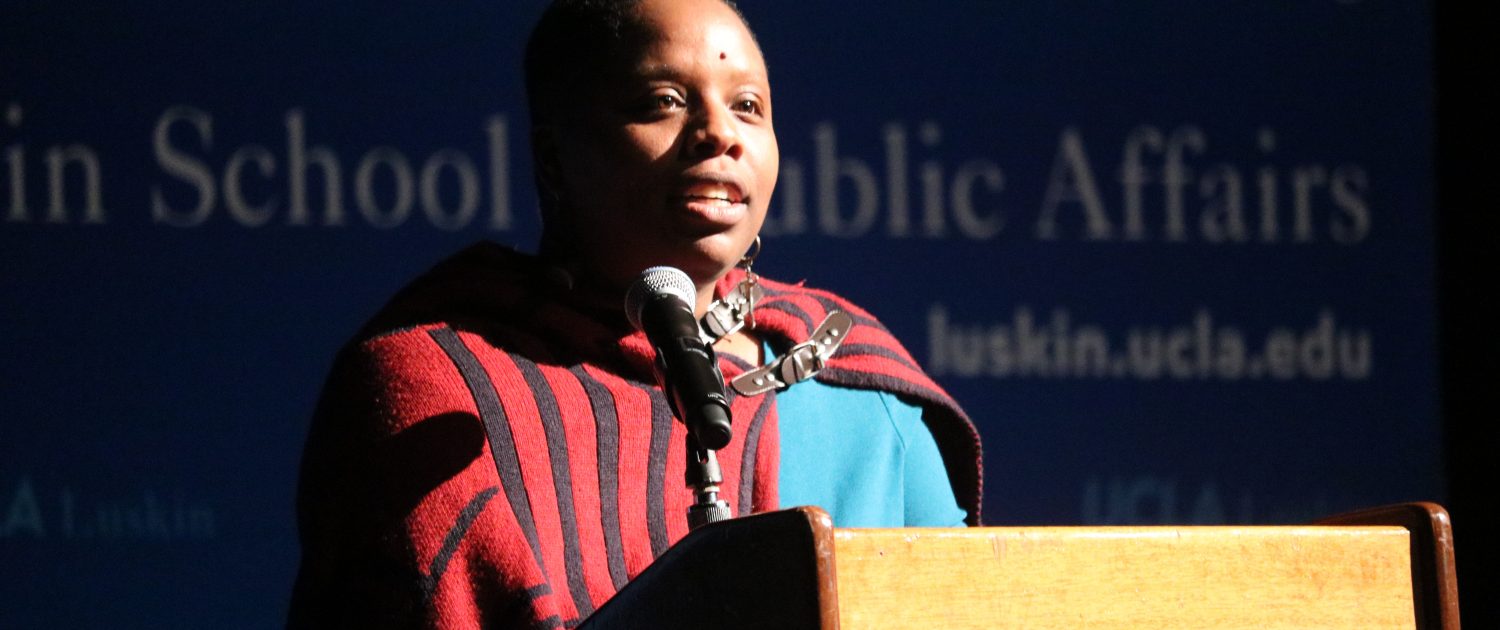

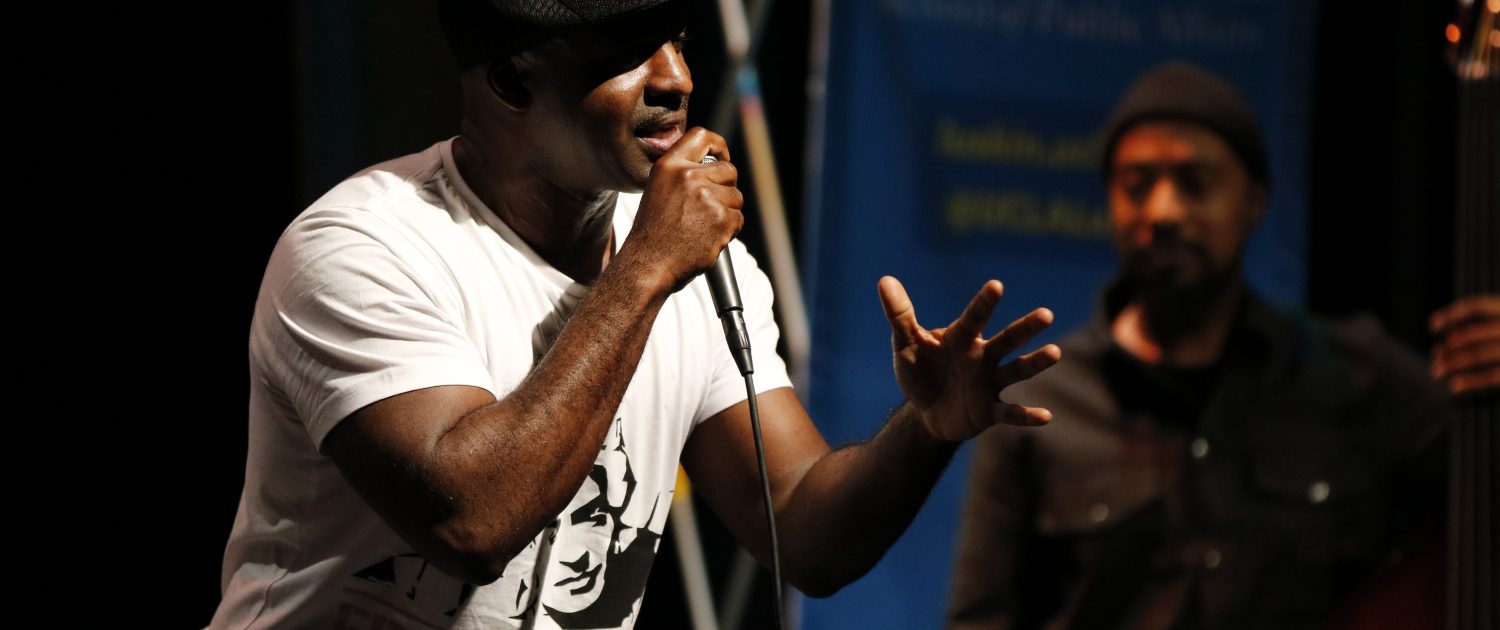

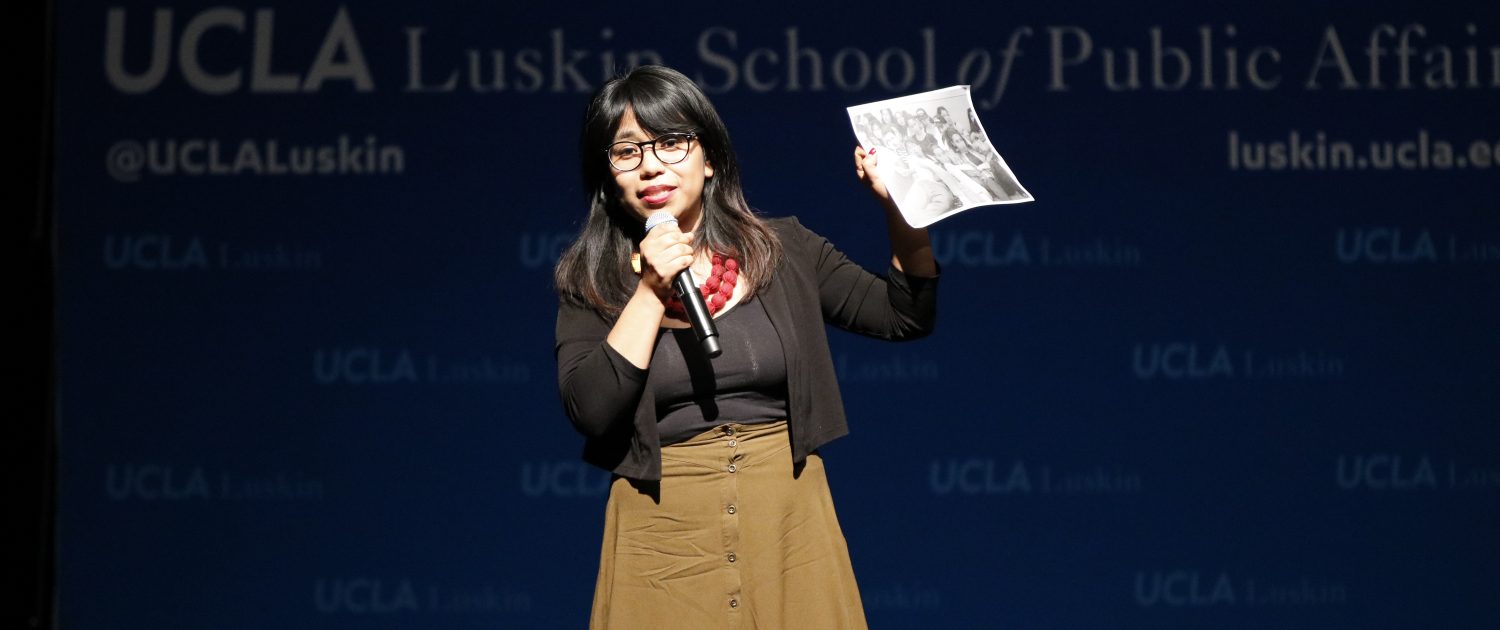

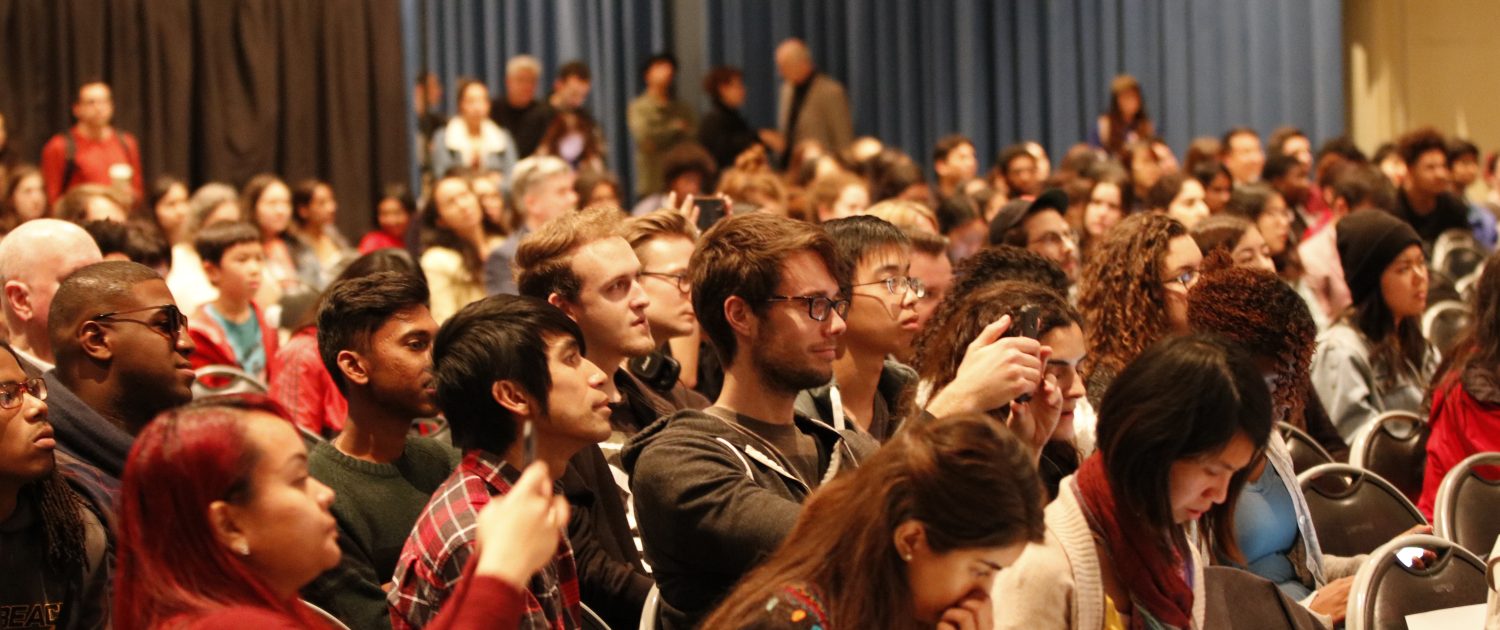

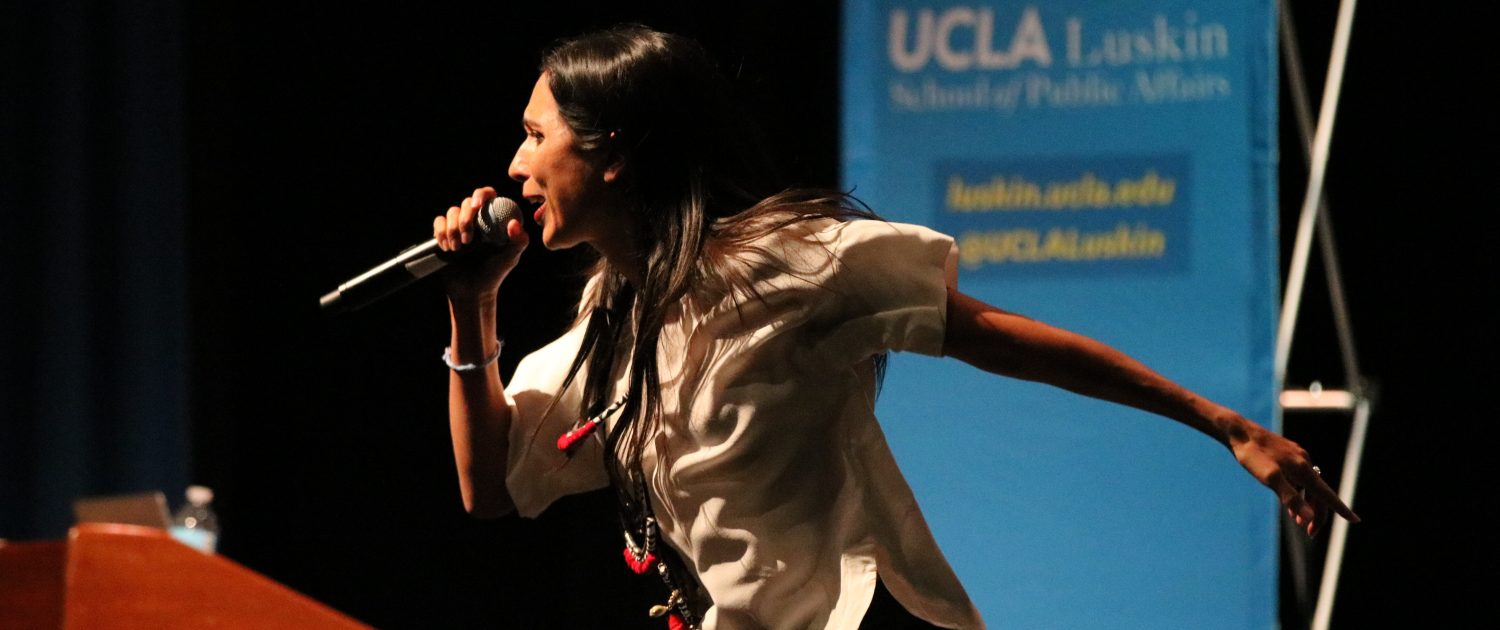
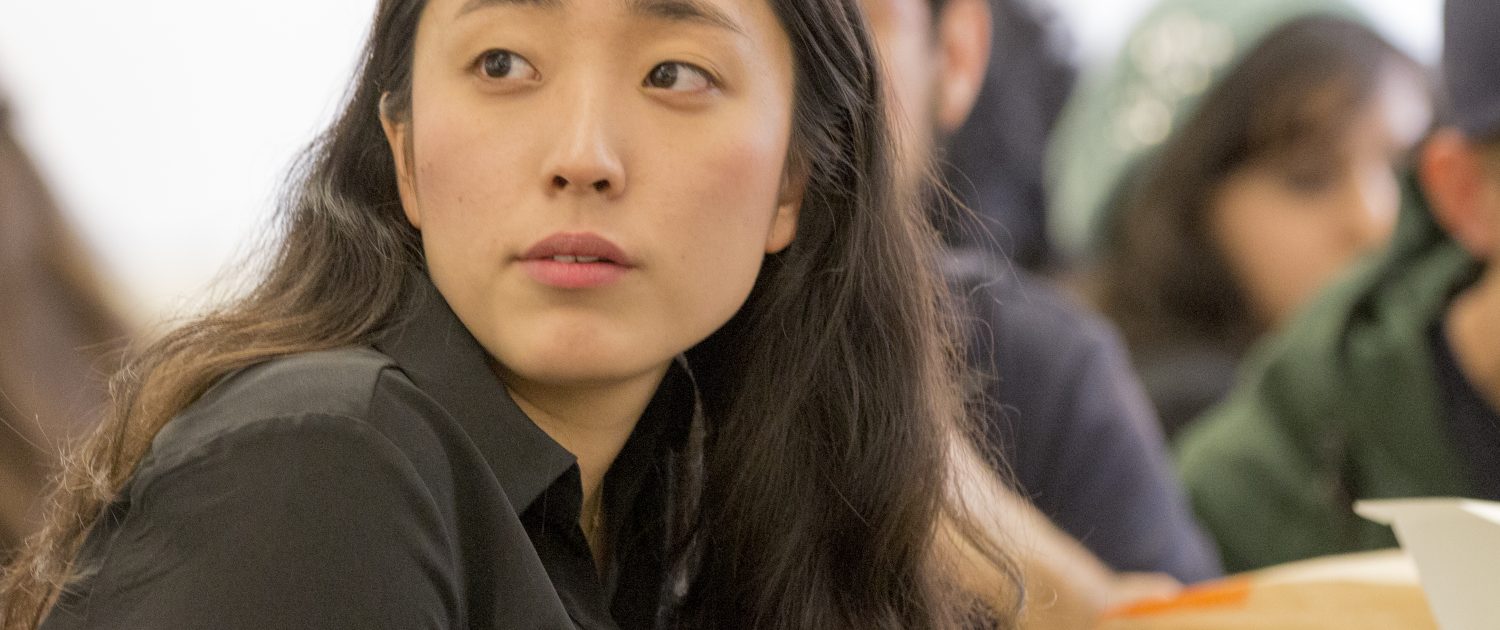


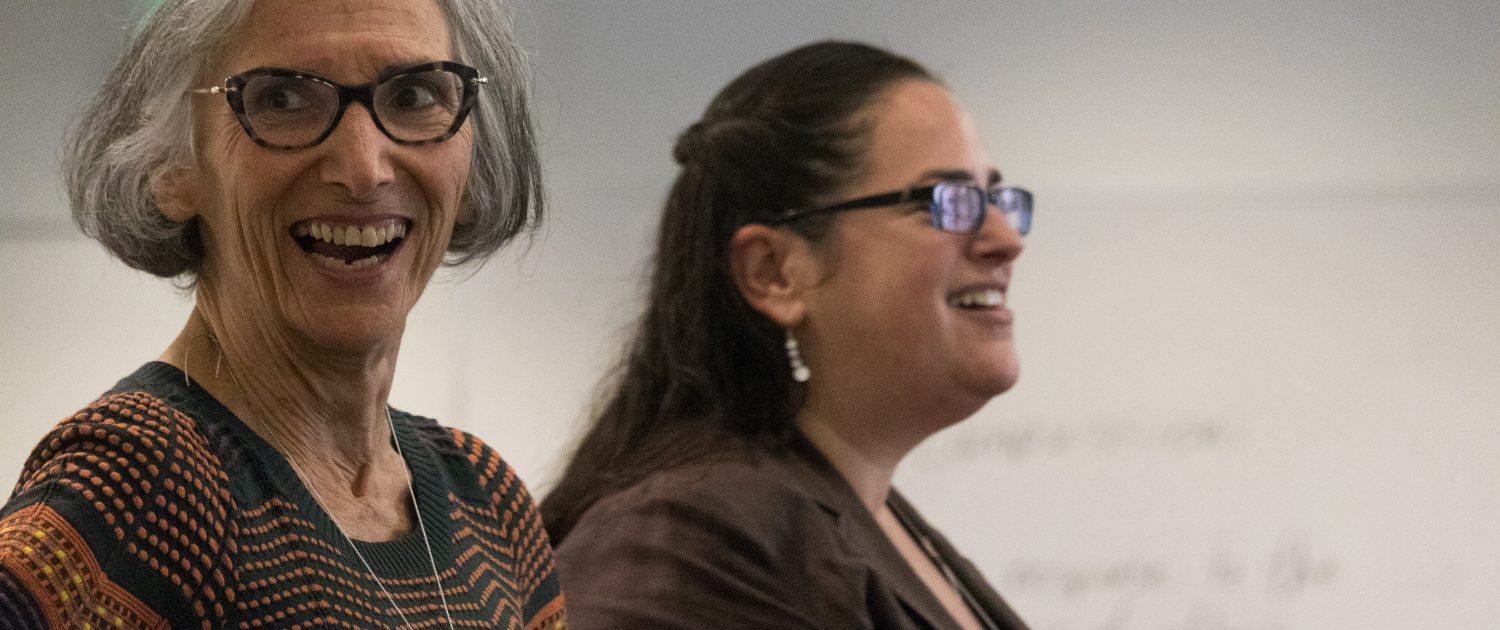

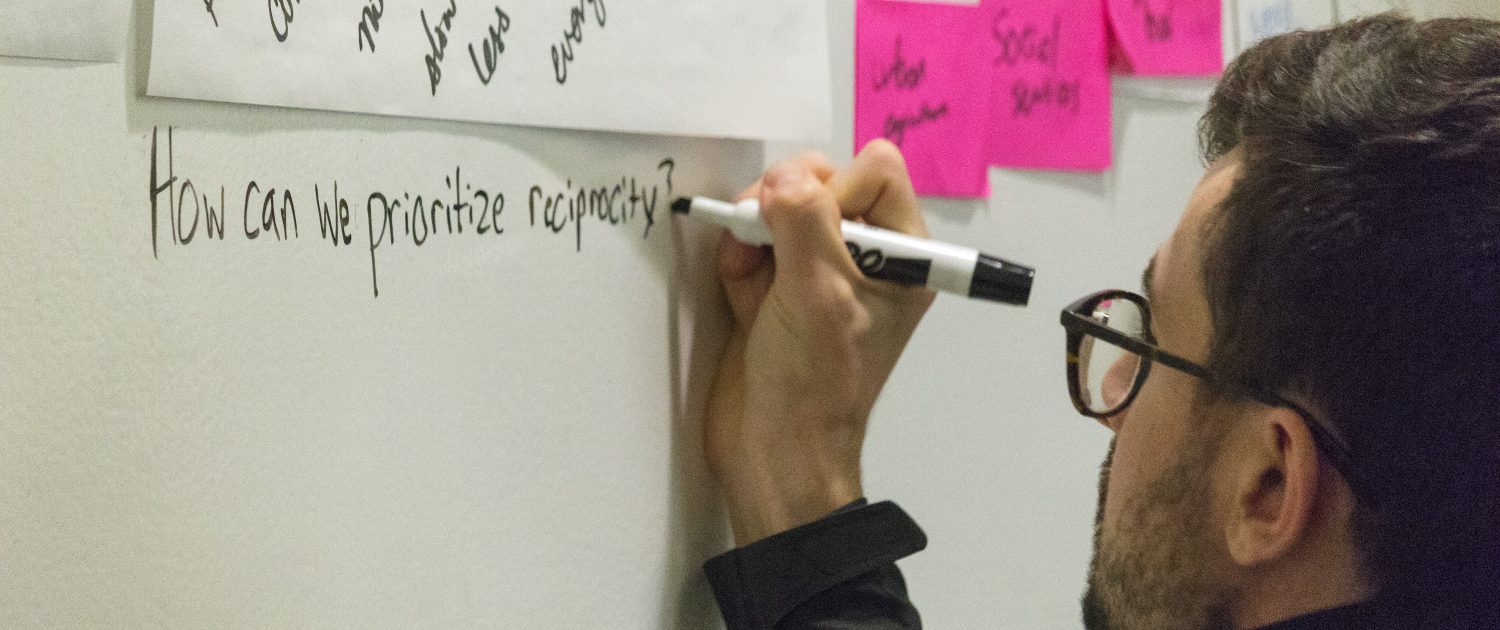

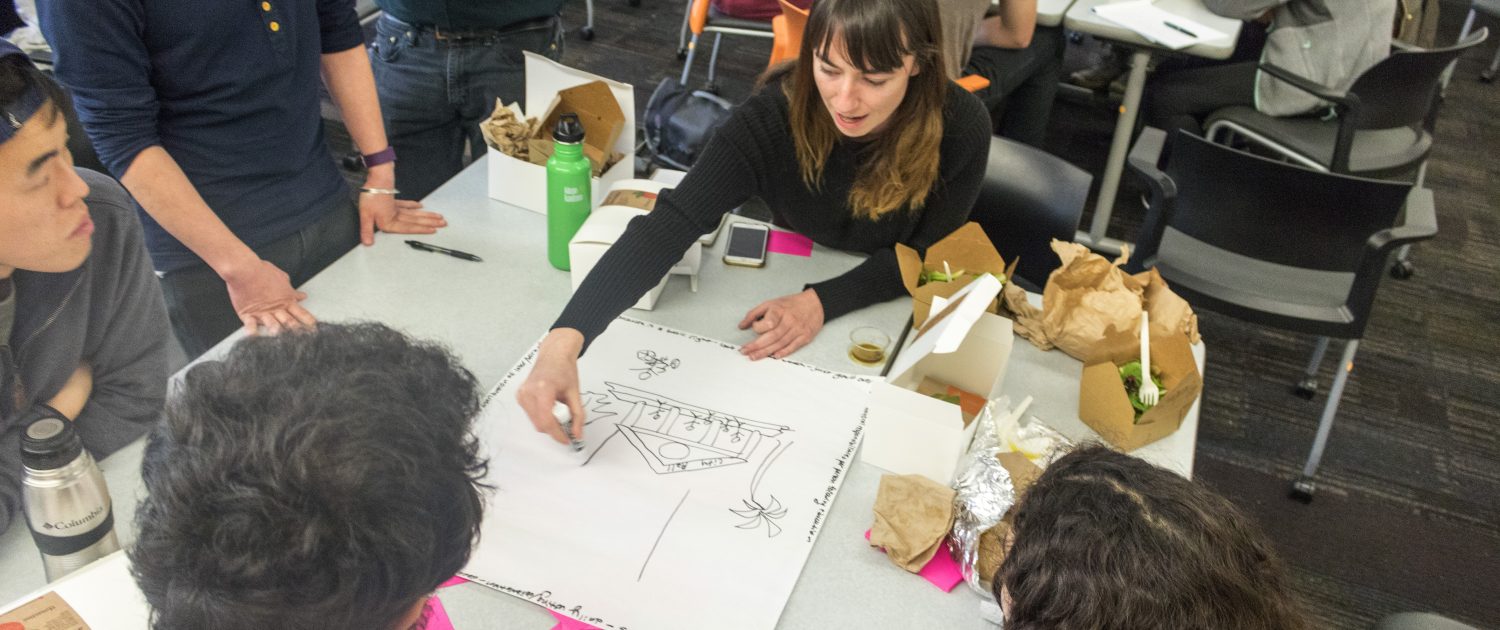


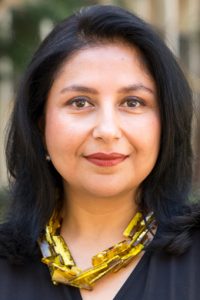
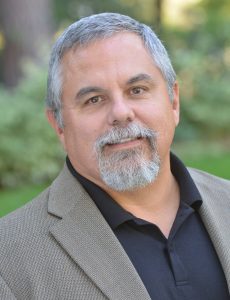 Segura: I’m not a physician — I’m not that kind of doctor — but my first rule is to do no harm. There are a lot of very good, wonderful and exciting things going on here. And my first step would be to find out what I need to do and where I can be helpful to enhance, enlarge and grow the existing areas of strength in the school. My second step will be a pure information-gathering one.
Segura: I’m not a physician — I’m not that kind of doctor — but my first rule is to do no harm. There are a lot of very good, wonderful and exciting things going on here. And my first step would be to find out what I need to do and where I can be helpful to enhance, enlarge and grow the existing areas of strength in the school. My second step will be a pure information-gathering one.